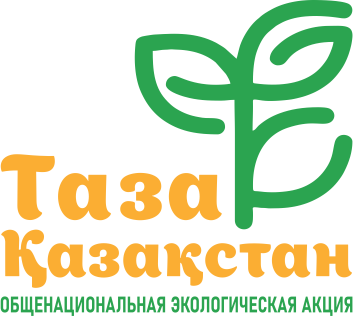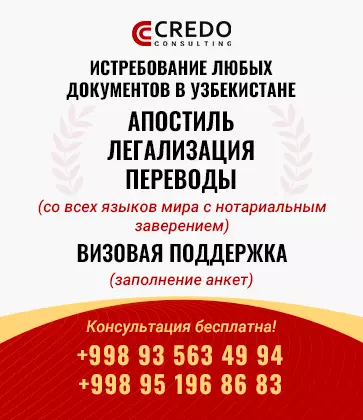Recent European Investments in Kazakhstan
This article delves into the key investments, sectors of interest, and the strategic initiatives underpinning this robust partnership.

фото: bussinesidea.ru
In recent years, Kazakhstan has experienced a significant influx of investments from European countries, reflecting the growing economic ties between the region and the European Union. This article delves into the key investments, sectors of interest, and the strategic initiatives underpinning this robust partnership.
Strategic Partnership and Economic Cooperation
The Enhanced Partnership and Cooperation Agreement (EPCA) between the European Union (EU) and Kazakhstan, which came into force in March 2020, serves as a cornerstone for economic and political collaboration. This agreement covers 29 areas of cooperation, including trade, investment, education, and human rights, providing a comprehensive framework for bilateral relations. The EU's strategic interest in Kazakhstan is further supported by the Multiannual Indicative Programme for 2021-2027, which allocates €16 million to various partnership initiatives.
Major European Investments
Renewable Energy Projects:
One of the most significant investments is the agreement with the Swedish-German company Svevind to install wind and solar power plants in West Kazakhstan. This project, valued at approximately €30-40 billion, aims to produce three million tons of green hydrogen annually by 2030, meeting a substantial portion of the EU's green hydrogen needs.
The French company Total Energies is set to launch a €1.9 billion wind farm project in the Zhambyl Region by 2026-2027. Additionally, Goldbeck Solar GmbH inaugurated a 100-megawatt solar power plant in the Karaganda Region in 2019.
Transport and Logistics:
The development of the Trans-Caspian International Transport Route (TITR), also known as the Middle Corridor, has garnered significant interest. This route, which links Asia with European markets, saw a 2.4-fold increase in cargo volume in the past year, highlighting its growing strategic importance amid geopolitical shifts.
The European Bank for Reconstruction and Development (EBRD) has conducted feasibility studies to enhance the infrastructure along this route, with joint projects expected to commence soon.
Mining and Raw Materials:
European investments in Kazakhstan's mining sector have been substantial. In 2023, the sector attracted $5.6 billion, the largest share of foreign direct investment (FDI) by industry. This includes ventures in critical raw materials essential for the EU's green transition and technological advancements.
EU's Comprehensive Support
The European Union has consistently been Kazakhstan's largest trade and investment partner. As of 2023, the total volume of EU investments in Kazakhstan exceeded $175 billion. In the first half of 2023 alone, European countries invested over $5.2 billion in the Kazakh economy. These investments span various sectors, including manufacturing, wholesale and retail trade, financial services, and real estate.
Key European Companies and Projects
Over 3,000 European companies operate in Kazakhstan, with notable names including Shell, Eni, Total, Amazonen-Werke, Air Liquide, Alstom, and Carlsberg. These companies are involved in diverse sectors such as energy, manufacturing, and consumer goods. Additionally, several European firms have either relocated their regional offices to Kazakhstan or established new production facilities in response to the changing geopolitical landscape, particularly following the imposition of sanctions on Russia.
Sustainable Development Initiatives
The EU's investment strategy in Kazakhstan is not solely focused on economic gains but also emphasizes sustainable development. The EU has launched several initiatives to support Kazakhstan's transition to a greener economy:
Critical Raw Materials: A strategic partnership agreement signed in 2022 focuses on the supply chain resilience of critical raw materials, batteries, and renewable hydrogen. This partnership is part of the broader Team Europe Initiative on Water, Energy, and Climate Change.
Water and Energy Management: The Central Asia Water and Energy Programme (CAWEP) aims to enhance integrated water-energy resource management, promote food security, and foster sustainable development across the region.
Future Prospects and Challenges
Kazakhstan's strategic location at the crossroads of Europe and Asia positions it as a pivotal player in global trade and energy transitions. The ongoing collaboration with the EU, backed by substantial investments and comprehensive agreements, is expected to drive further economic growth and development. However, challenges remain, particularly in improving regulatory frameworks, ensuring sustainable environmental practices, and addressing socio-economic disparities.
In conclusion, the recent investments by European countries in Kazakhstan underscore a deepening economic partnership built on mutual interests and strategic cooperation. These investments not only enhance Kazakhstan's economic landscape but also contribute to regional stability and sustainable development. As both sides continue to explore new avenues of collaboration, the future of EU-Kazakhstan relations looks promising, marked by shared goals and enduring partnerships.
Author of the article: Deniz Alkan/AITU
Additionally:
Recent Economic Relations Between Turkey and Kazakhstan
Экономические отношения между Турцией и Казахстаном: инвестиции и перспективы
Турция может поставлять системы ПВО в Кыргызстан
Любое использование материалов допускается только при наличии гиперссылки на cronos.asia.
Подписывайтесь на Telegram-канал Central Asia Cronos и первыми получайте актуальную информацию!



